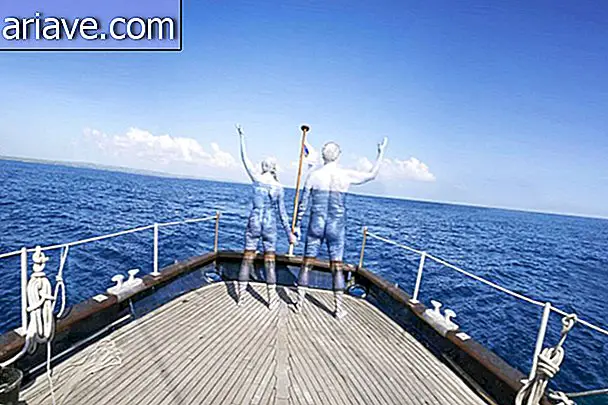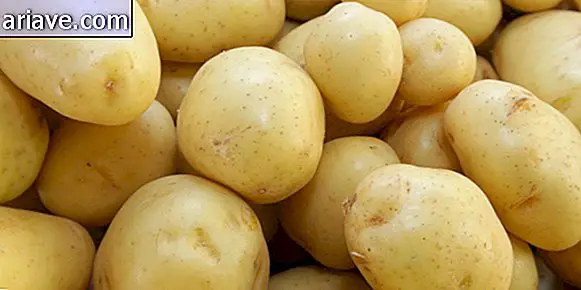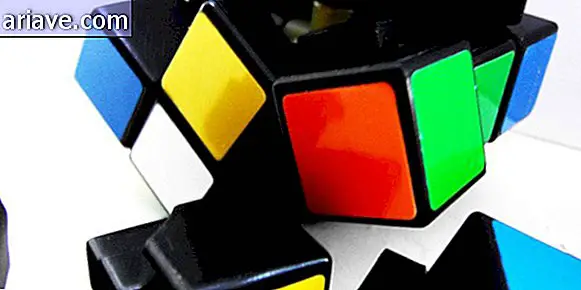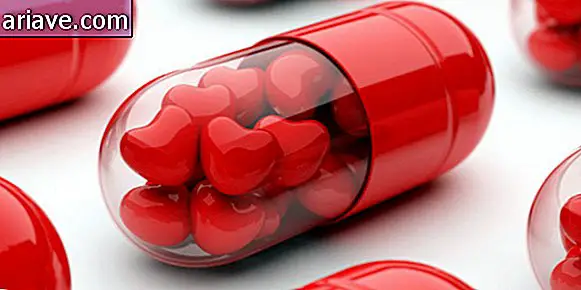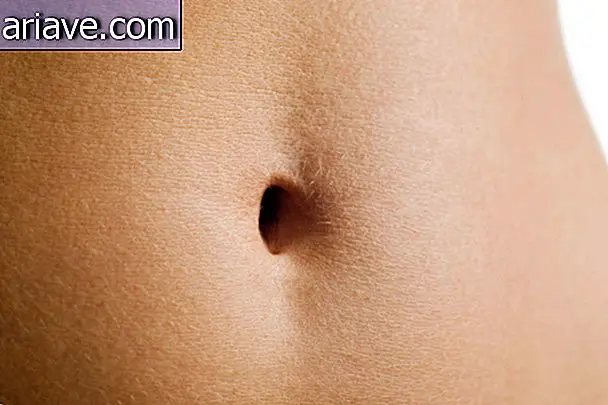Is it possible to 'starve cancer' by eating the right foods?
In recent years, a large number of researchers around the world have waged a true war on cancer, and numerous drugs and treatments have been developed accordingly. One therapy that can deliver promising results is based on choosing the right foods and angiogenesis, the mechanism our body uses to make our blood vessels grow.
An adult human has approximately 19 billion blood vessels - about 96, 560 kilometers in length - that are responsible for carrying blood and nutrients throughout the body. The vast majority of these structures develop while we are still embryos, but in some circumstances (during pregnancy or when injuries occur, for example) they also develop throughout life.
Angiogenesis

Vessel growth is driven by an elaborate and complex system that is also responsible for eliminating surplus structures when they are no longer needed. However, when this system presents imbalances, several diseases end up arising from this anomaly.
Thus, while lack of angiogenesis can result in circulation problems, poor wound healing, heart attacks, neurological damage, and stroke, for example, excessive angiogenesis can lead to the onset of diseases such as Alzheimer's disease, obesity, blindness and cancer.
Common Denominator

In total there are over 70 serious illnesses due to imbalance in growth or elimination of blood vessels; therefore, even indirectly, abnormal angiogenesis is responsible for the emergence of diseases affecting more than 1 billion people worldwide. Therefore, understanding and controlling this mechanism is vitally important.
In the case of cancer, a common feature in all known types is that the blood vessels, in addition to nourishing the body's healthy structures, end up feeding the tumors. And when this stage sets in - nurturing the tumors - cancer cells can enter the bloodstream, spreading the disease in a process known as metastasis.
Combination of Approaches

One of the therapies proposed to treat cancer is called antiangiogenic and basically consists of cutting off the blood supply that reaches the tumors by targeting the blood vessels that are feeding them. There are currently 12 types of drugs in use focused on 11 varieties of cancer, and in eight different types of cancer, patient survival has increased dramatically.
However, antiangiogenic therapy has very modest results in treating many other cancers. This is where the consumption of certain food products comes into play. Studies have shown that diet is linked to the onset of 30 to 35 percent of cancers caused by the environment, leading scientists to determine which foods can stimulate the immune system and destroy the blood vessels that nourish tumors.
Market

Researchers have found that there are a large number of foods, herbs and beverages that act as natural angiogenesis inhibitors, and they could be consumed to prevent and even treat various types of cancer. These include soybeans, garlic, certain types of tea, grapes, and berries, and in some cases these products have been shown to be more potent than various drugs to prevent the disease.
A survey of 79, 000 men who were followed for 20 years found that consuming two to three times a week of cooked tomatoes could reduce the risk of developing prostate cancer by 50%. In addition, among those who developed the disease, men who consumed more portions of this food had fewer blood vessels nourishing the tumors.
Alternative solution

What is interesting about this new approach - of combating cancer through the combination of antiangiogenic therapy and the consumption of certain foods - is that for many, dietary prevention may be the only practical solution, since not everyone has conditions end-stage cancer treatments, but everyone could benefit from healthy eating based on sustainable local anti-angiogenic products.
To learn more, below you can check out a video recorded during a TED conference featuring researcher William Li - who runs the Foundation for Angiogenesis - featuring a super-detailed and full explanation of data, images and graphics about this innovative form of treatment:
* Posted on 01/06/2014
